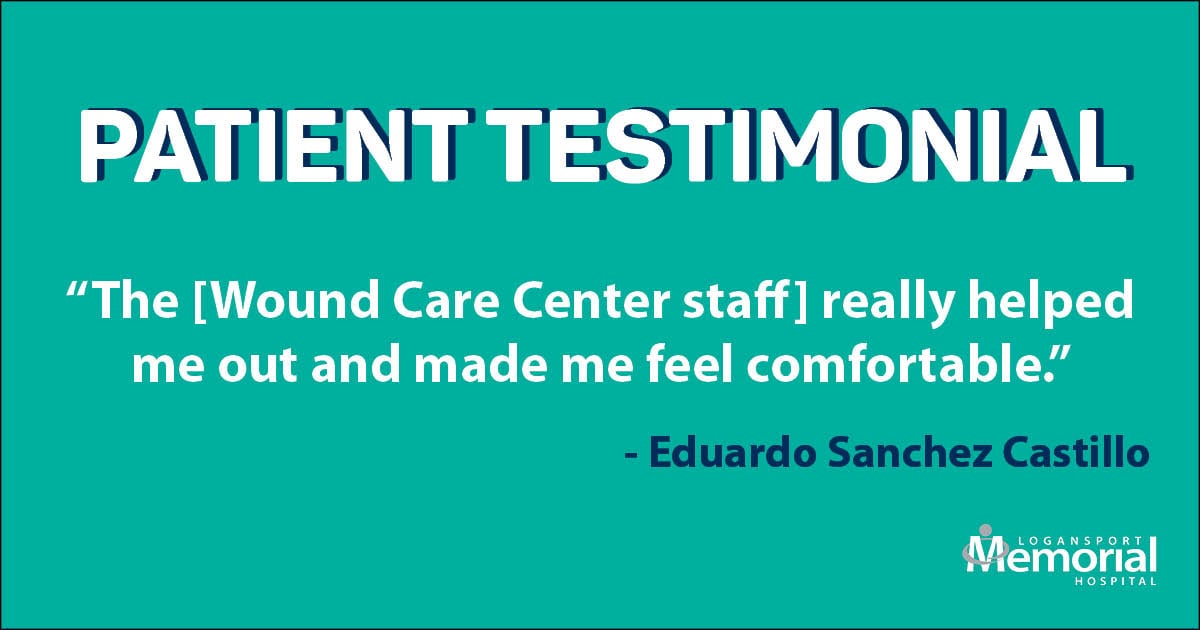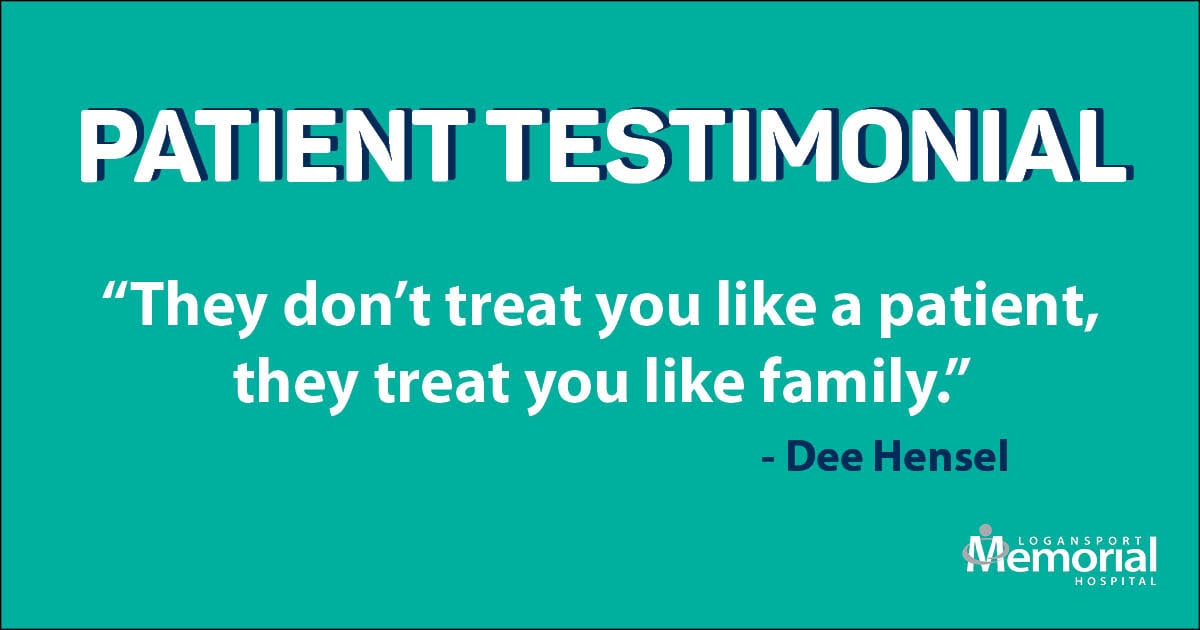This article is part of the Complete Guide to Wound Care.
Some health issues make it difficult for the body to do the work required to heal wounds.
People with advanced diabetes, severe anemia, radiation tissue damage or non-healing surgical incisions often need dedicated wound care. Without the proper care and healing, a wound can lead to further health issues or even amputation. A clinical approach to wound care can speed healing, increase comfort and help people get back to their normal lives.
Let’s explore more about dedicated wound care services.

You may have a non-healing wound if it has not started to heal within two weeks or has not completely healed within six weeks. In these cases, specialized care is needed to examine the wound, check blood flow, determine why it’s not healing, and create an individualized care plan to promote healing and prevent recurrence.
Common types of non-healing wounds include: pressure sores or bed sores, surgical wounds, radiation sores and foot ulcers.
The causes behind non-healing wounds are many but often result from one or more of the following:
- Diabetes
- Poor circulation
- Nerve damage
- Inactivity
- Weak immune system
- Poor nutrition
- Excessive alcohol use
- Smoking
People with non-healing wounds experience discomfort and often an inability to engage in their normal, everyday activities.
Generalized wound care often deals with just the wound itself. Specialized wound care, however, looks for the cause and treats that as well as providing therapy to help you during recovery and beyond.
Dr. Shannon Davis, one of Logansport Memorial’s board-certified general surgeons, has made wound care one of her primary areas of clinical interest. “I understand that chronic wounds can be very frustrating for patients. I take patient’s lifestyle into account and work to make treatment options as easy as possible,” she says.
How to be treated for wounds that won’t heal
If you have a wound that is showing the following signs of infection, do not hesitate to call for an appointment:
- Redness
- Swelling
- Pus or bleeding from the wound
- Increasing pain
- Fever or chills




